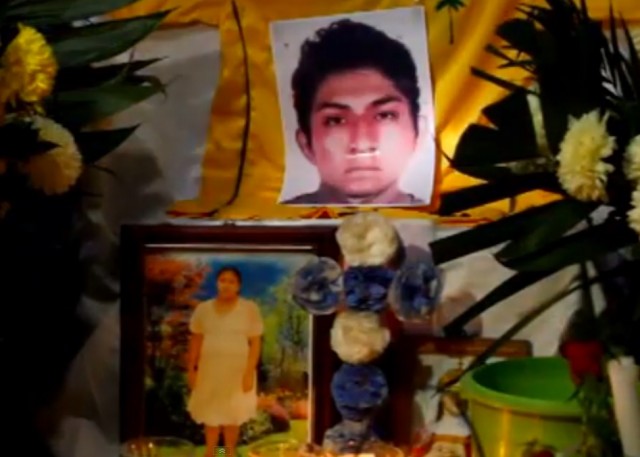
Latin America: Week in Review, Mexico, North America
Mexico Identifies Remains of One Missing Student
December 8, 2014 By Staff
Mexico’s Attorney General announced on Sunday that the remains of one student among the 43 missing since September have been identified. The positive DNA identification of Alexander Mora, 19, made from a bone fragment found in a dump site in Cocula, Guerrero state, is consistent with the authorities’ account that the students were detained by municipal police and handed over to a local drug gang before being executed.
Alexander Mora’s father, Ezequiel, was informed of the positive identification late Friday night. He had been maintaining a vigil along with the family members of the other missing students at the Rural Normal School in Ayotzinapa, where his son was studying to become a teacher, when he was pulled aside by lawyers and forensic experts with the news.
“They punched me in the heart. I wanted to scream,” said the elder Mora to the New York Times on Sunday.
The news of a positive identification came as a blow to the families of the missing students, whose deep mistrust of the authorities’ investigation gave them hope that their loved ones would still be found alive.
In his announcement on Sunday, the attorney general said that 80 people have been arrested in connection with the students’ disappearance, 44 of them police officers. The former mayor and first lady of Iguala were arrested in November for allegedly ordering the attack on the students.
President Enrique Peña Nieto expressed his condolences to the Mora family on Sunday. The unfolding case of the 43 students, missing since Sept. 26, has sent Peña Nieto’s approval ratings plunging to their lowest point since he took office two years ago. The case has exposed widespread corruption among local authorities in Guerrero, a trend that Peña Nieto hopes to reverse with recently-announced policing reforms, which would replace municipal officers with state and federal authorities.
North America
- An indigenous farmer set himself on fire outside the state legislature in Mexico’s Chiapas state on Friday to demand the release of his father, an indigenous leader arrested last year.
- Thousands of laborers are exploited and suffer harsh conditions at Mexico’s “mega-farms,” according to the first in a series of articles in the L.A. Times, which will look at the issue in conjunction with increased U.S. dependence on Mexican agriculture.
- A council serving Mexico’s businesses met with President Enrique Peña Nieto on Friday to ask for a reversal of last year’s tax reforms and a cut in government spending, economic demands that come at a difficult time for the President.
Caribbean
- Felix Baez, the first Cuban doctor to contract Ebola in West Africa, returned to Havana on Sunday, having made a full recovery after receiving an experimental treatment in Switzerland.
- Thousands of protesters in Haiti calling for the resignations of President Michel Martelly and Prime Minister Laurent Lamothe, as well as long-delayed elections, clashed with police on Friday during demonstrations in Port-au-Prince.
Central America
- Unaccompanied minors immigrating from Honduras have been able to immerse themselves in New York life, reports John Leland for The New York Times, examining the life of one teenager currently seeking asylum in the U.S.
- A new TV series in El Salvador will portray the history of the country’s civil war, including the murder of six Jesuit priests and an archbishop in 1989.
- Venezuelan exiles currently living in Costa Rica have denounced allegations that the Venezuelan government was planning to abduct members of their community, contrary to a report in Costa Rica’s Nuevo Herald on Thursday.
Andes
- A prominent indigenous activist has been found dead in Ecuador after he disappeared on Nov. 28, days before he planned to travel to Lima to protest a major Chinese-led mining project at the UN climate talks.
- As those talks continue, the BBC reports on melting glaciers in Peru, an effect of rising temperatures that could threaten the livelihoods of some 30 million people.
- Peru’s trade in maca is booming, prompting smugglers to skirt strict laws designed to protect its domestic cultivation in response to growing foreign demand for the turnip-like crop, which is considered an aphrodisiac in China.
Southern Cone
- Pope Francis, in an interview published Sunday in Argentina’s La Nacion — his first with a Latin American publication — said he would no longer take personal visits from Argentine politicians due to a desire not to intervene in the country’s political process ahead of presidential elections in October 2015.
- Uruguay accepted six former inmates of the U.S. detention camp in Guantanamo Bay this weekend, after outgoing Uruguayan president José Mujica agreed in March to accept the detainees, the U.S. Department of Defense announced Sunday.
- Argentina’s Grandmothers of the Plaza de Mayo announced they have found another child of activists disappeared by the military dictatorship, the 116th such person identified. The kidnapped child was allegedly given to a doctor after the parents were detained and killed in 1977.
Image: YouTube
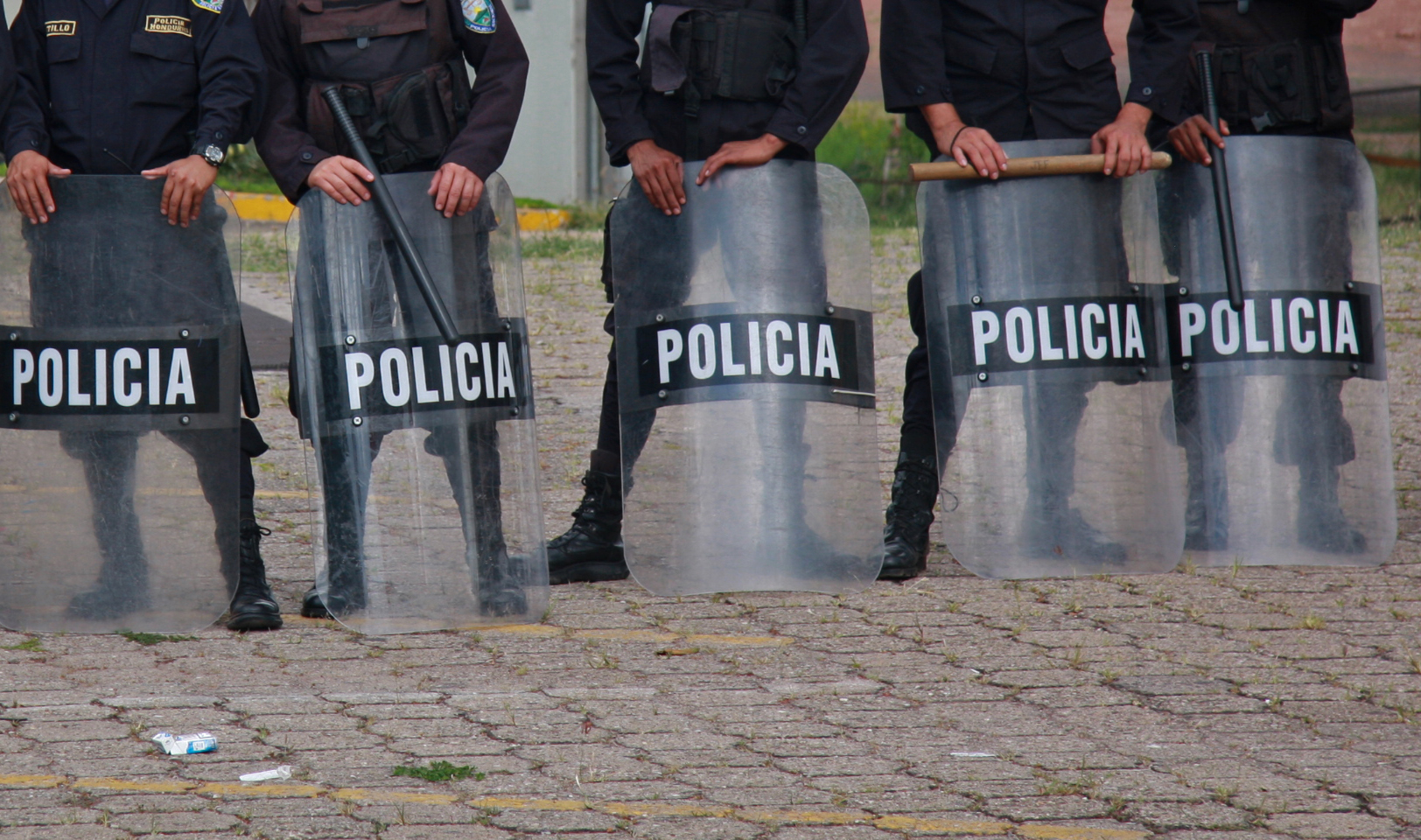
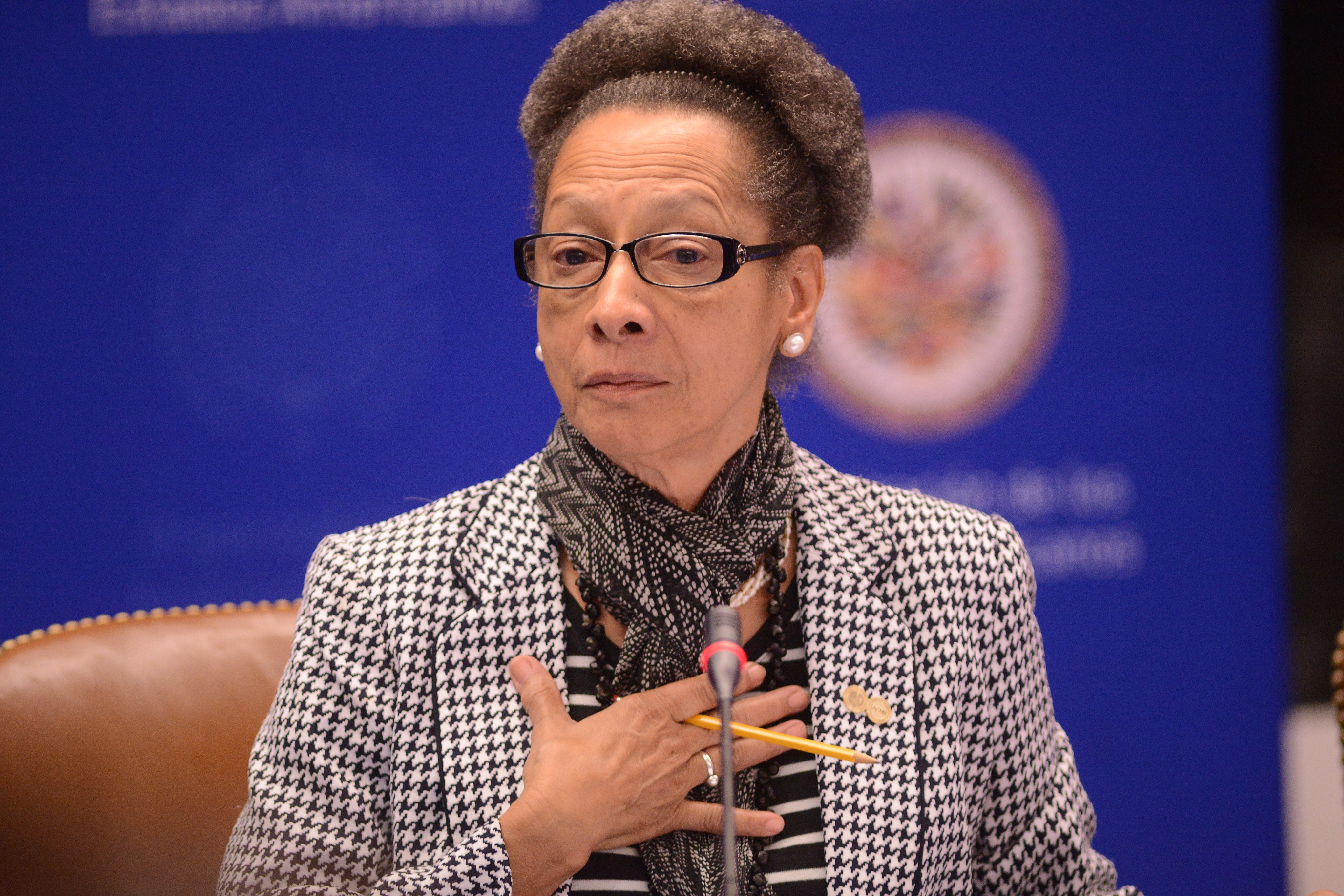
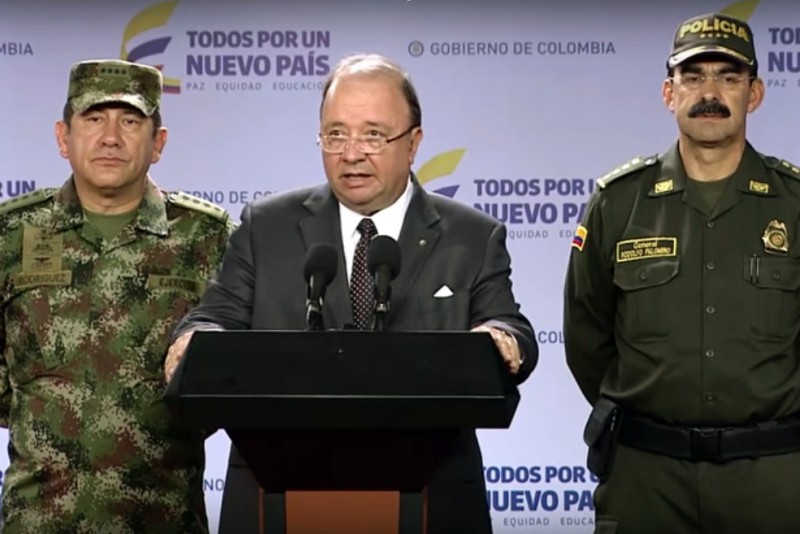
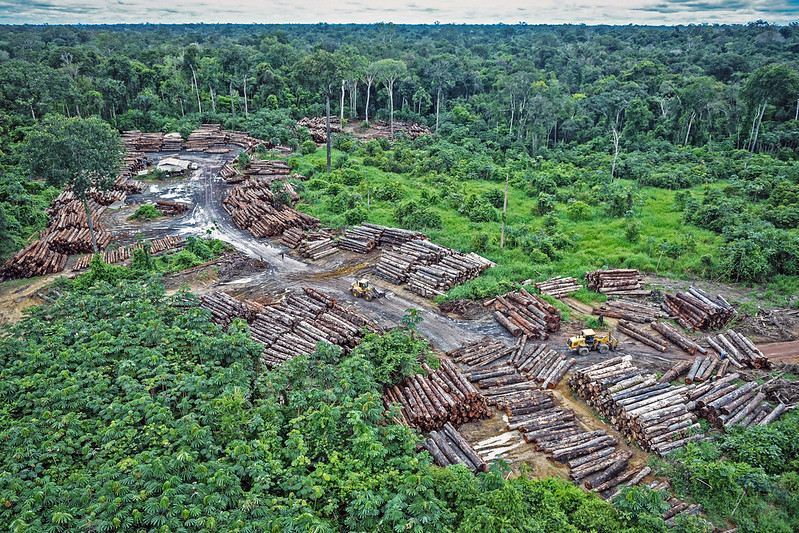
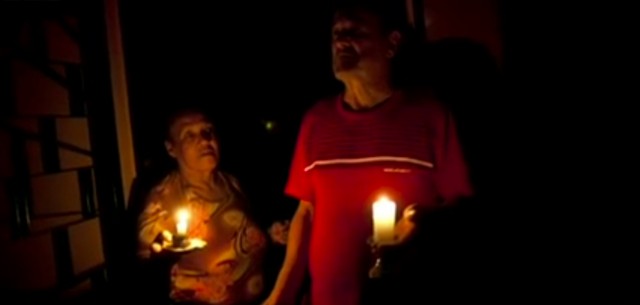
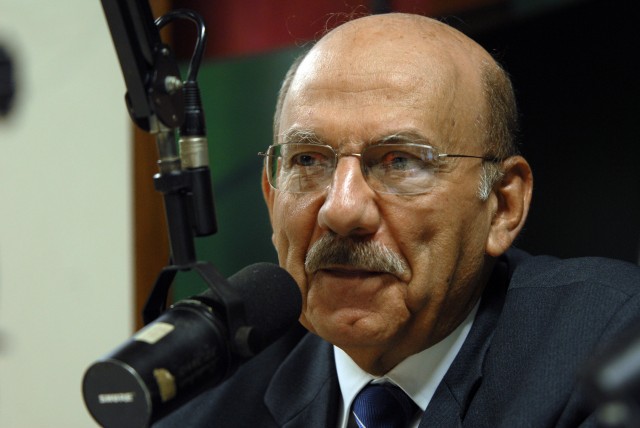
2 Comments
[…] the death of Alexander Mora — the first of the 43 missing Mexican students to have their remains successfully identified — in a ceremony at Mora’s home on […]
[…] Mexican politicians, particularly in Guerrero state, where 43 students from a teachers’ college went missing last […]
Comments are closed.